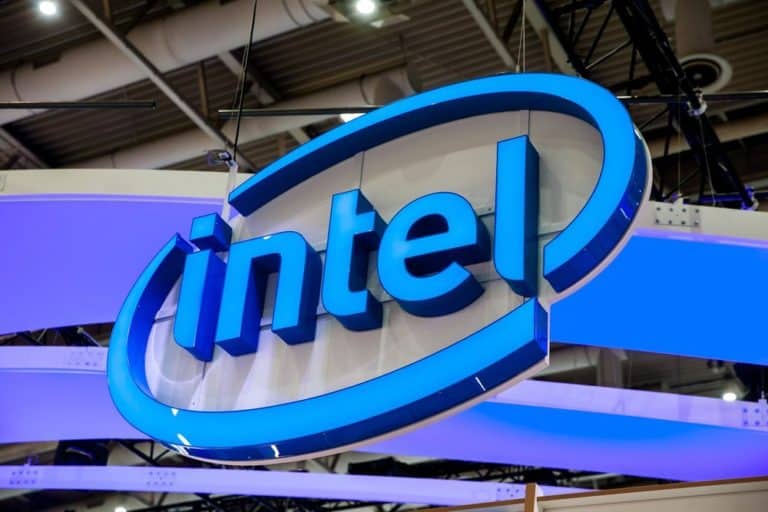The US chip maker is determined to grab the most benefits possible from the EU’s Chips Act.
This week Bloomberg reported that Intel is seeking to obtain more than 5 billion euros in public funds from Germany to subsidize their building a massive semiconductor plant in that country.
Officials familiar with the negotiations told Bloomberg that the project is part of the European Union’s effort to build up domestic chip production. That effort is fueled by the European Chips Act, which last month was approved in the European Parliament. The EU Chips Act, which is part of Europe’s Digital Decade program, plans to allocate €43 billion in subsidies to promote semiconductor production in Europe. The goal is to produce 20% of the world’s semiconductors in the EU by 2030.
Intel has said it will now start work on a 17 billion euros cutting-edge semiconductor production site in Magdeburg, Germany. But Intel and Berlin are still discussing the exact amount the chipmaker could receive in subsidies.
Officials familiar with the matter told Bloomberg the German government plans to give the US tech giant more than 5 billion euros in state aid.
Deal still hinges on approval by the EU executive
The deal would need to be reviewed and approved by the European Commission under the EU rules on state aid. German Economy Minister Robert Habeck’s office said that the final amount of the subsidy would depend on the talks with the commission. Last May, in reaction to the global chip shortage that had impacted auto production in his country, Habeck announced that Germany intended to allocate a total of €14 billion to entice chip makers to locate their production there.
The Germans expect EC approval of the Intel give-away because of the high investment from Intel itself. Given the rules regarding fund matching, public funds should be “in the billions”, according to the Ministry.
Construction at the site in Magdeburg will start in the first half of 2024. Production is then scheduled to come online in 2027. The facility, which Intel is calling “Silicon Junction,” will help turn the region into a chip making center hosting 3,000 permanent high-tech jobs along with 7,000 construction jobs.
